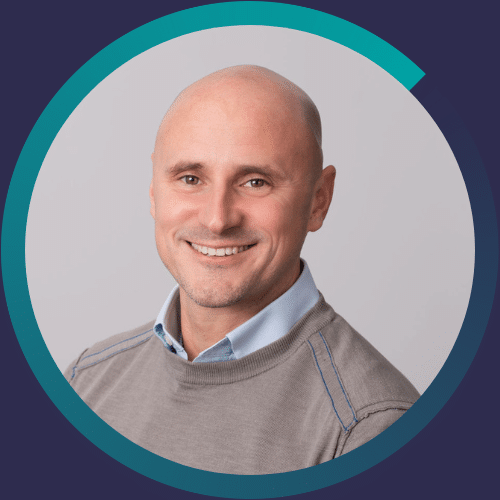AAT: what next?
So, you’ve completed your AAT – congratulations! Now that all the hard work is over you may be wondering what is next for your career. In this article we explore the possible career paths and opportunities open to you now that you have your AAT qualification.
The first thing to remember when considering your career path in finance and accounting is that it isn’t set in stone and there is no ‘one-size fits all’ route. Below we outline a couple of options that you can consider as a guideline but these are by no means exhaustive.
Option 1. Stick with your AAT and stop your studying.
Now you have achieved your AAT you might choose to end your studying there. What kind of job roles will that give you access to? Having your AAT will give you the necessary skill set to fulfill Accounts Assistant, Assistant Accountant, or Assistant Management Accountant type roles. It will enable you to take on roles working as part of a finance team, supporting in the preparation of accounts and management information. CMA Consultant Scott Perry says: “Not all candidates I work with aspire to reach FD or CFO seniority. There are still plenty of roles offering an interesting remit of work, strong work-life balance and reasonable remuneration package, that don’t require further study.”
See some of our current roles here >
There are plenty of roles and opportunities open to you at this level, but you may find you reach a ceiling eventually without further qualifications. Scott specialises in newly and part qualified finance positions. He says: “It’s not unusual for candidates to reach Finance Manager level and then struggle to break into the Financial Controller type roles without the next level of qualification.”
In these instances, candidates can find that they miss out on these higher-level roles. This is not because they lack the skills and experience, but because the competition will likely be qualified.
If you do decide that you want to go further with your studies, what are the next steps? There are three options of qualification and all are held in similar regard. On average, it takes three to six years to become fully qualified. It’s possible for this to be funded by your employer. If you are self-funding then the costs depend on the qualification and method of study; it will cost on average £4,000 – £5,000 for home based learning, while on-site learning is considerably more. Although there is no specified route for your career, if you want to give yourself the best chance of securing a top finance role it’s likely you will need to do one of these three qualifications.
Option 2. ACA
The ACA is the ICAEW’s Chartered Accountant qualification and once completed you will be a certified Chartered Accountant. This qualification can only be obtained whilst working in an accountancy practice, giving you an excellent technical accounting knowledge. Achieving your ACA qualification can often give you an advantage when applying for certain technical reporting positions, it may also lead to more commercial finance opportunities.
Option 3. ACCA
Gaining your ACCA qualification – Association of Chartered Certified Accountants – can be done whilst working in either practice or industry roles. It is quite broad as it covers both financial and management accounting and will provide you with a basis in strategic thinking, technical skills and professional values. While all these qualifications are often held in similar regard by the majority of employers, in some circles you may find that the ACCA or ACA are favoured for technical reporting and financial accounting roles.
Option 4. CIMA
The Chartered Institute of Management Accounts (CIMA) qualification is primarily tailored to those solely wanting to pursue an accounting career in industry. It has more focus on operational and strategic accounting and will give you the skills to analyse financial data and advise at a strategic level. Anyone can study the CIMA qualification, whether they’re new to finance and business or an experienced professional.
Remember, there is no one route to success, you’ll need to choose the pathway that suits you. Scott advises: “It’s not black and white so be prepared to be open to different pathways.”

